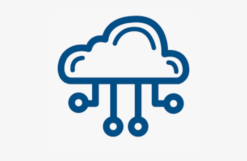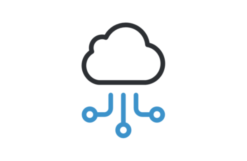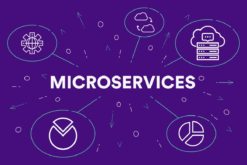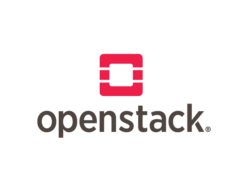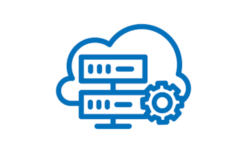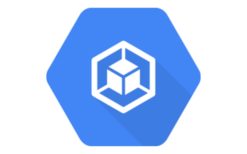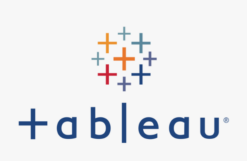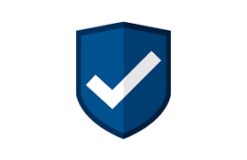Course Overview:
Cloud computing is the term given to the availability of IT resources usually supplied by an external 3rd party service provider and accessed using the Internet and in which the end user has constant on-demand access. These resources can be provided with minimal user manage mentor service provider interaction.
Cloud Computing Certification will give individuals and the organizations they work for a comprehensive understanding of cloud computing and the possible delivery models.
This two-day classroom training course provides an overview of Cloud computing and its relationship with other areas of information management. This training is based on acknowledge of the fundamental concepts of Cloud computing and an understanding of the deployment, architecture and design of a Cloud computing platform. This course is provided in partnership with Sapience Consulting Pte Ltd.
Course Objectives:
Participants in the Cloud Computing Foundation course will be provided instruction designed to provide the following:
- Understand the business case for going to the cloud
- Understand virtualization architecture
- Describe security and privacy issues
- Technical and organizational challenges
- Public, private & hybrid delivery models
- Understand federation and presence
- Describe cloud computing standards and best practice
- Describe how mobile device can be used in the cloud
- Creating a cloud action plan
Pre-requisites:
- There are no formal entry requirements but delegates are expected to have a basic understanding of computing, IT networks and how they are used to support the requirements of users in an organization
Target Audience:
- Individuals who are researching, planning or supporting an implementation of Cloud computing
Course Duration:
- 14 hours – 2 days
Course Content:
The Cloud Computing Foundation Course comprises nine primary sections, covering the following topics:
- The concept and evolution of Cloud Computing
- Cloud Computing architectures including SOA, Tiered, Multi and DataCentre
- Benefit and limitations of Cloud resources
- Using and accessing the Cloud from desktop and mobile devices
- Security in the Cloud and Identity Management
- Build local cloud network
- Supporting the use of the Cloud with VPN access, scripting languages and data back-up
- Understand the business case (costs & benefits) of Cloud computing
- How to evaluate the performance of your Cloud implementation




